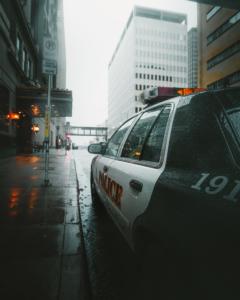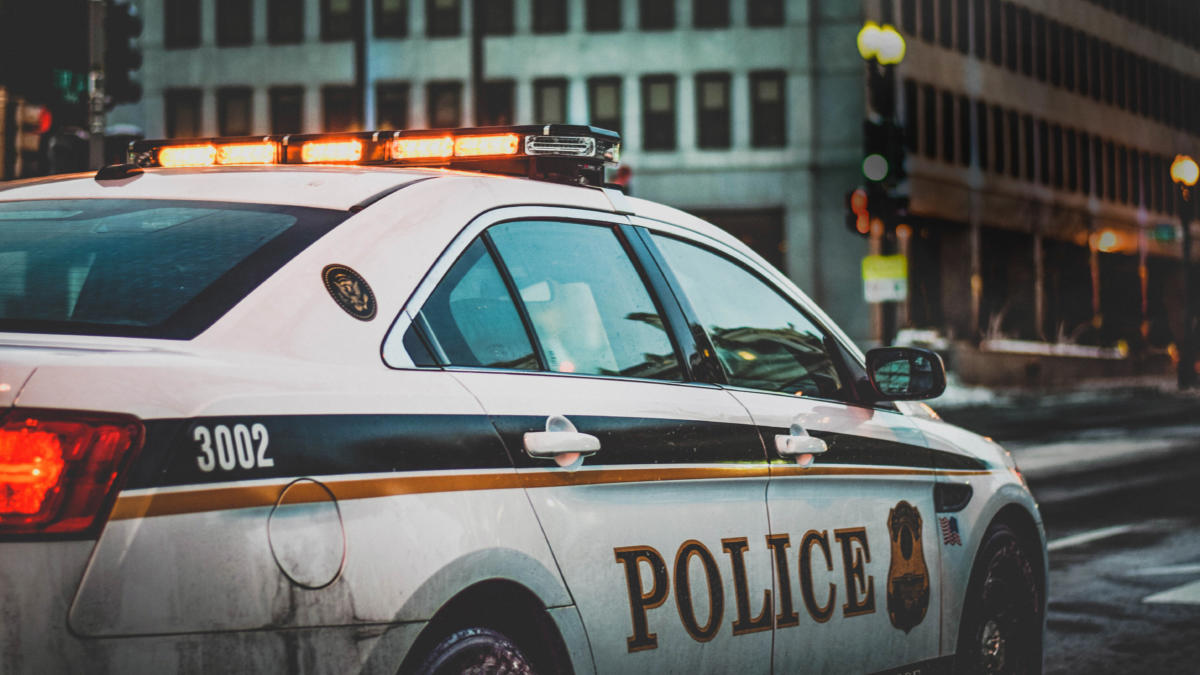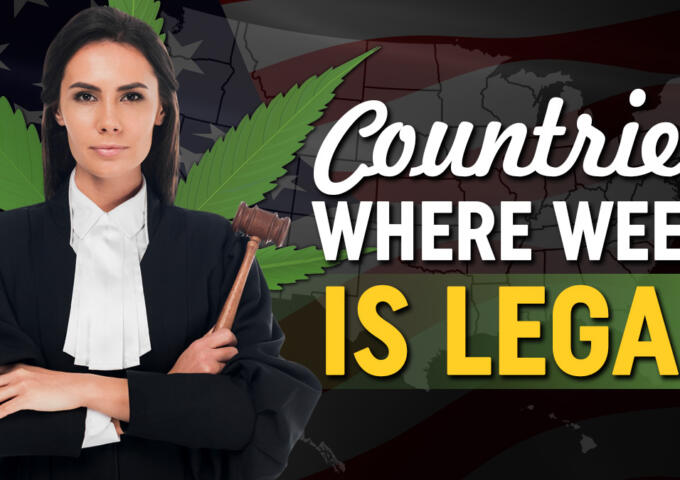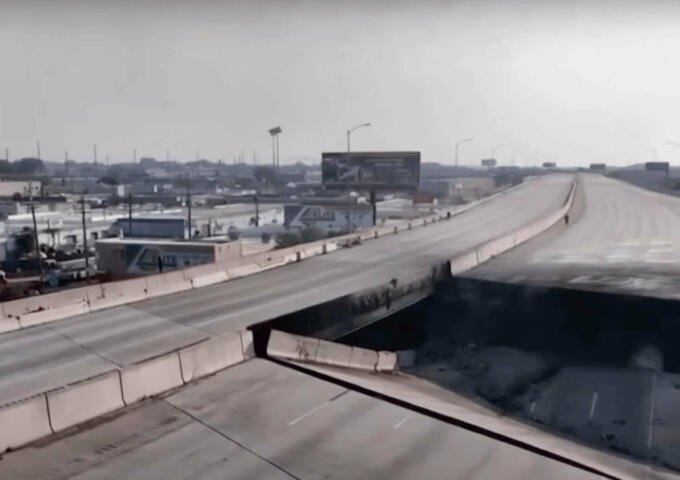Philadelphia is the most violent major city in America. The city recorded 506 murders by the close of Thanksgiving weekend, placing it on track to have its deadliest year in recorded history.
Going into the weekend when Philadelphia marked its 499th homicide, tying 2020’s total number, more than a dozen leaders came together to address the “ongoing gun violence crisis” in the city. The announcement of the meeting between federal, state, and local law enforcement was capped with a predictable call by Democratic Mayor Jim Kenney for more municipal gun control laws to combat violent crime.
District Attorney Larry Krasner, the city’s top elected law enforcement officer, was notably absent from the gathering.
Despite the predictable talking points from Philadelphia’s second-term mayor, research shows that the city’s policies respective to the deployment of the Philadelphia Police Department, and District Attorney Krasner’s abysmally low rate of prosecution and pretrial confinement are the true cause of the dangerous rise in violent crime.
A recent academic study proves what the public safety community has previously warned regarding policies that decrease proactive policing strategies or have defunded portions of police department budgets altogether: that “hands off” policing policies have caused an increase in crime.
In the spring of 2021, Dr. Sarit Weisburd, an assistant professor with the Eitan Berglas School of Economics at Tel Aviv University in Israel, studied the issue of the impact of police deterrence in the United States. Dr. Weisburd published a study called, “Police Presence, Rapid Response Rates, and Crime Prevention,” which found a 10% decrease in police presence results in a 7% increase in crime.
This study proves what both news reports and the FBI’s annual Uniform Crime Report have shown throughout the United States, that violent crime in America’s cities has surged since a series of riots in the summer of 2020.
“From my research, I do find that officer presence is important for creating deterrence,” Weisburd said. “It just really creates this complicated problem where, on the one hand, you want officers in different locations to create deterrence.”
Here in Philadelphia, this issue is exemplified in the record number of homicides reported in both 2020 and 2021. Even though Philadelphia has the nation’s fourth-largest municipal police force, which is racially diverse, local politicians continually blame a “community distrust in police” for the city’s unbearable crime rates. The argument that rising crime rates have been spurred on by distrust between the community and law enforcement ignores the simple “chicken and egg” of how policing works.
If more police are being called to a community in response to higher amounts of reported crime, then creating policies that limit law enforcement’s ability to address crime is going to cause greater amounts of (and more serious) crimes.
In Philadelphia, the upward trajectory in crime statistics directly correlates with the election of a slate of “woke” politicians, who have defunded policing while funding unaccountable community programs to “reduce crime.” Most notably, the re-election of DA Krasner who has created practices in which prosecutors are lowering charges or asking for little or no bail for suspects charged by police. This practice has neutralized the ability for an effective police presence to work, even in locations where specialized police forces are paid for by private organizations, as evident by recent examples of violent crime at Temple University and on SEPTA trains and buses.
This is echoed by Lou Barletta, the leading Republican candidate for Pennsylvania governor, who said “Philadelphia’s crime rate is obviously out of control.” Barletta continued: “Instead of local leaders supporting the police to protect our communities, they pass laws to make communities less safe. Therefore, as governor, I’d work with state officials to hold local leaders accountable and send resources in to help local officials fight crime.” [Full disclosure: I serve as an unpaid member of Barletta’s Public Safety Advisory Board with other members of the state’s public safety and criminal justice reform community.]
Rather than defunding the police, Weisburd suggests that citizens work with law enforcement to determine which services to prioritize most in its budget, asserting that this could improve relations between the public and law enforcement, helping to reestablish trust in a profession where public scrutiny is high and morale has been low.

“I think the key issue for these people who are supporting defunding the police is that they just don’t have faith that the police departments can get better,” Weisburd said. “I would say, ‘What about thinking of what needs to change within the police to improve this interaction?’”
As a former police officer who frequently spoke at community meetings in a predominantly African-American community, I have never been to a meeting where residents asked for less policing.
“To be clear, it’s not that I don’t understand, nor do I agree with the factors that drove people to the defund-the-police movement,” Weisburd said. “I just am not sure that defunding the police is going to make police forces better.” He went on to say, “In order for law enforcement to provide the services the public wants, law enforcement needs financial resources to recruit and retain its officers.”
Despite a horrific number of murders and a continual debunking of the dangerous political narratives that have seen a sharp decrease in policing, the continual reelection of the officials responsible for the promotion of these narratives shows no end in sight for this crisis in violent crime. It appears that Philadelphia’s only hope to stem the tide of violence is strong state oversight. In neighboring New Jersey, state troopers were commonly deployed to high-crime municipalities, including Camden, which saw an end to its municipal police department in 2013 after the city failed to manage its public safety properly.
Recently, Barletta publicly came out against the passage of the “Driving Equity Bill,” a municipal law in Philadelphia that limits the lawful enforcement of Pennsylvania vehicle code violations. “We are in the midst of what will probably be the bloodiest year in Philadelphia’s history, and Mayor Kenney’s reaction is to tie the hands of police even further,” Barletta said. “The answer to our growing violent crime problem isn’t less policing – it’s letting our men and women in blue do their jobs to keep our communities safe.”
As the 2022 election nears, will Philadelphia’s rising crime rate become a statewide issue? If so, how will Democratic candidate Josh Shapiro address this issue, considering that his tenure as the state’s top law enforcement officer has directly coincided with Philadelphia’s drastic rise in violent crime? The Shapiro campaign did not reply to our email request for comment.
At this point, only time will tell.
@PublicSafetySME





